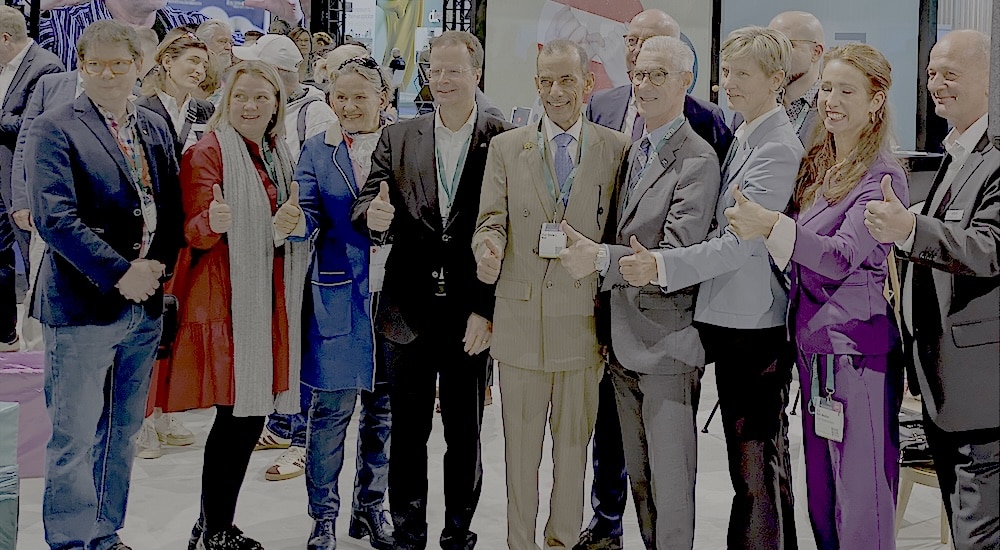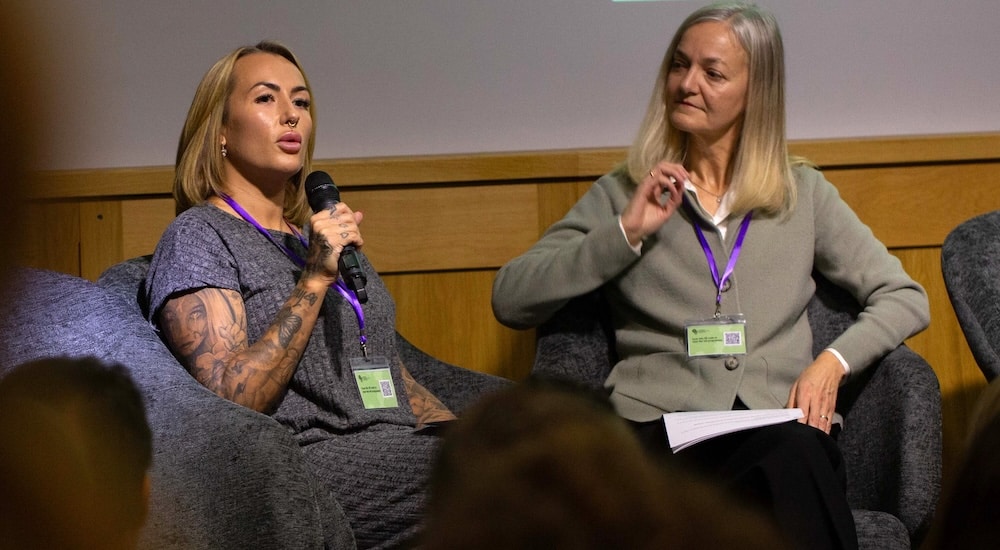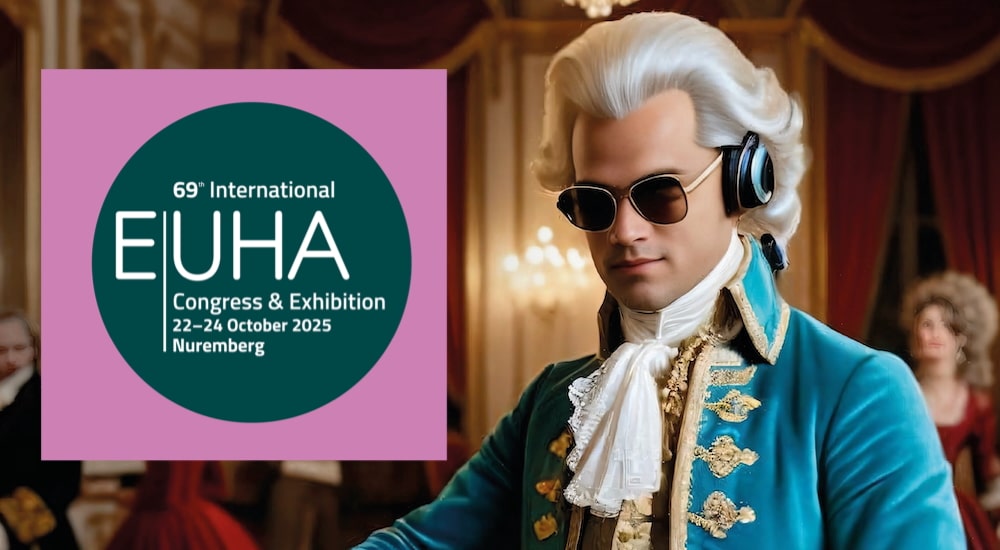Any grains of truth in coffee drinking making men less susceptible to hearing loss?
nutrition
Can coffee drinking make men less likely to suffer from deafness? A research team from the Autonomous University of Madrid in Spain suggests this is possible, but is their widely-reported study robust or only as instantly flavoursome as the truth that brews in tabloid newsrooms?

The study—Coffee consumption and risk of hearing impairment in men and women, published recently in the journal Clinical Nutrition—draws its conclusions from data already gathered over time by a third party, the UK Biobank. And the authors of this new longitudinal study claim it is the first to assess the association between coffee consumption and the risk of hearing impairment.
It analyses a cohort of 36,923 participants (16,142 men and 20,781 women), whose hearing was tested before a period of recording the dietary intake of the subjects, and then subsequently in two follow-up tests over 11 years. The subjects had an average age of 56.6, consumed 1.6 cups of coffee per day, and had an average speech reception threshold in noise of -7.6 dB. Over 10 years of follow-up of the cohort, 343 men and 345 women developed disabling hearing impairment.
Among men whose data was anlaysed, compared with those who consumed less than 1 cup of coffee a day, those who consumed one, and two or more cups had a lower risk of hearing impairment, claim the authors. The association appeared to be independent of the coffee type (variety, instant, grain, caffeinated, decaf) and the preparation method.
And the authors speculate that coffee consumption might have a beneficial effect on hearing function because of the antioxidant and anti-inflammatory properties of some of its compounds.
But this association showed only in male sex subjects. ˝Coffee consumption was associated with lower risk of disabling hearing impairment in men but not in women,˝ reads the study.
The conclusion was, quite predictably, seized upon by the usual suspects among news organs, notably in the UK by The Daily Mail, its headline—A coffee a day could keep hearing loss at bay!—undoubtedly leading to the percolation of stimulating soundbitten conversations, radio deejay chitchat, and perhaps many transitory or even permanent dietary changes, not to mention an uptick in coffee sales and fortunes.
No link in women
The Mail quotes the researchers as suggesting that the no-show of any association in female subjects could be down to physiological differences, such as high circulating levels of the hormone oestrogen, which women have more of, protecting against age-related hearing loss, thus making the impact of diet on hearing ˝less relevant˝.
The first-listed author of the study, Dr Marcos Machado-Fragua did warn that coffee ˝should not be consumed to excess in a bid to prevent hearing loss, especially in people who have health problems related to caffeine consumption˝, said The Mail in paragraph 15 of its 20-paragraph news story.
Given that few people read past the first three or four paragraphs of a news article, many of those anxious to take advantage of that 15% less likelihood will have rushed for an extra cup of ‘joe’, quite unconcerned as to the breadth and variety of the Biobank sample that forms the basis of this epidemiological research, or as to whether its data may be challenged by any number of confounding and additional factors. Since the UK Biobank will have only a limited amount of information on its cohort, it is possible that the 15% of >1 cup of coffee drinkers share one or more unknown and possible highly relevant dietary or lifestyle factors (or the 85% lack a possibly relevant lifestyle factor). And what was the size of the cup? There is a great difference between a mug and and an espresso cup.
Source: Clinical Nutrition/Daily Mail
 Sign in
Sign in

